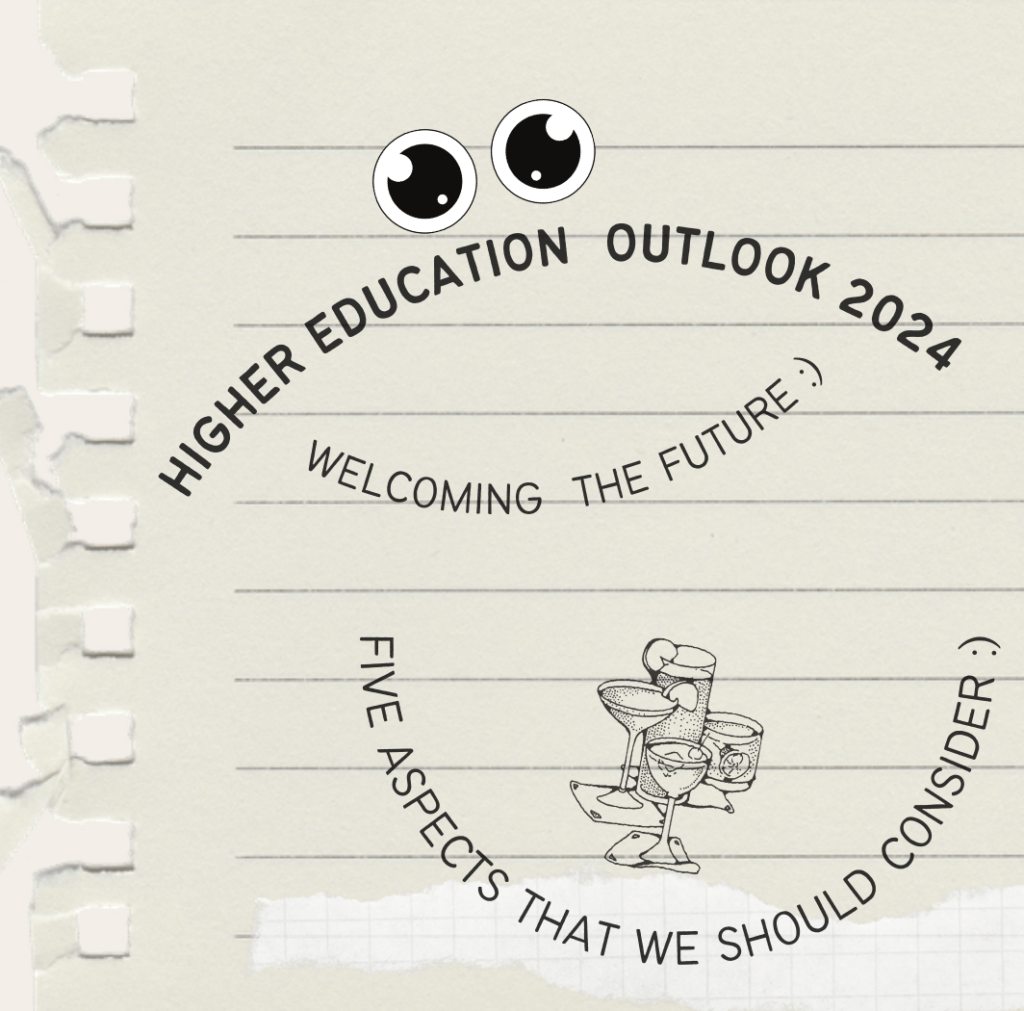1. Enhance access and equity
- Expand access to quality higher education for all socioeconomic groups, including underrepresented minorities and individuals from rural and disadvantaged communities.
- Promote inclusive education by addressing barriers faced by students with disabilities, refugees, and migrant workers.
- Implement flexible and affordable learning options, such as online courses, blended learning, and micro-credentials, to cater to diverse student needs and preferences.

2. Strengthen regional collaboration and mobility
- Foster regional collaboration among higher education institutions in Southeast Asia to promote exchange programs, joint research projects, and curriculum harmonization.
- Establish a common higher education space in Southeast Asia, enabling seamless student mobility and recognition of qualifications across the region.
- Encourage partnerships between universities and industries to develop industry-relevant skills and facilitate graduate employability.
3. Embrace technology and innovation
- Integrate technology into teaching and learning processes to enhance student engagement, personalize learning experiences, and improve access to educational resources.
- Utilize artificial intelligence (AI) and other emerging technologies to automate administrative tasks, provide personalized feedback, and support adaptive learning.
- Explore the potential of virtual and augmented reality (VR/AR) to create immersive learning experiences and expand access to specialized training environments.
4. Promote lifelong learning and upskilling
- Adapt higher education systems to cater to the needs of lifelong learners seeking to update their skills and knowledge throughout their careers.
- Offer short-term courses, micro-credentials, and specialized training programs to address the skills gaps required for emerging industries and technological advancements.
- Encourage collaboration between higher education institutions, industries, and government agencies to develop lifelong learning pathways and promote continuous professional development.
5. Address sustainability and social responsibility
- Incorporate sustainability principles into higher education curricula and research activities to address environmental challenges and promote sustainable development in the region.
- Encourage universities to engage with local communities and address social issues such as poverty, inequality, and social justice.
- Foster a culture of social responsibility among students, preparing them to become active global citizens and contribute to positive social change.
